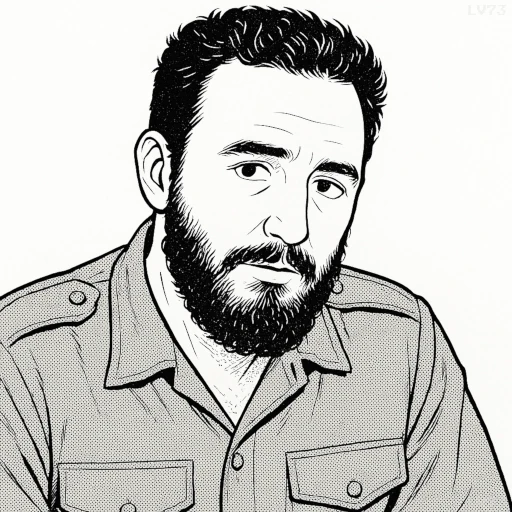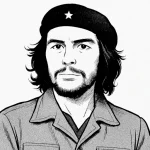“When the Revolution triumphed in 1959, our island was a true Yankee colony. The United States had duped and disarmed our Liberation Army. One couldn’t speak of developed agriculture, but of immense plantations exploited on the base of manual and animal labour that in general used neither fertilizers nor machinery.”

- August 13, 1926 – November 25, 2016
- Cuban
- Revolutionary, Prime Minister and President of Cuba, Communist Leader
table of contents
Quote
“When the Revolution triumphed in 1959, our island was a true Yankee colony. The United States had duped and disarmed our Liberation Army. One couldn’t speak of developed agriculture, but of immense plantations exploited on the base of manual and animal labour that in general used neither fertilizers nor machinery.”
Explanation
This quote presents Fidel Castro’s sweeping indictment of Cuba’s pre-revolutionary condition, characterizing the island as a de facto colony of the United States, despite its formal independence. By calling Cuba a “true Yankee colony,” Castro underscores how U.S. economic, military, and political dominance had effectively subordinated Cuban sovereignty, particularly through control of key industries, military agreements, and support for corrupt regimes. The claim that the U.S. “duped and disarmed our Liberation Army” refers to the aftermath of the War of Independence (1895–1898), where Cuban fighters were marginalized as the U.S. imposed the Platt Amendment and military occupation, undermining Cuba’s own path to self-determination.
Castro’s critique of agriculture further paints a picture of economic underdevelopment and social injustice. He describes an agricultural system based on large, feudal-style plantations, dependent on manual and animal labor, and lacking modern tools, fertilizers, or machinery. This description emphasizes the backwardness and exploitation of a system that enriched landowners and foreign investors—particularly American companies—while leaving the broader population impoverished and landless.
In today’s context, the quote remains a pointed critique of neocolonial economic models, where nominally independent nations are economically and politically beholden to foreign powers. Castro’s words challenge readers to examine how underdevelopment is often manufactured through deliberate external influence and internal inequality, and how revolution, in his view, was not only political, but a necessary restructuring of society and its economic foundations. The quote serves as a reminder that liberation, for Castro, meant reclaiming both national autonomy and social justice.
Would you like to share your impressions or related stories about this quote in the comments section?

